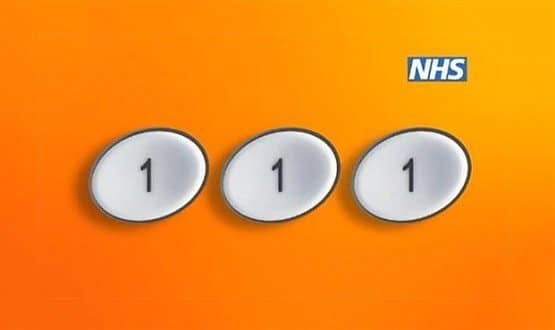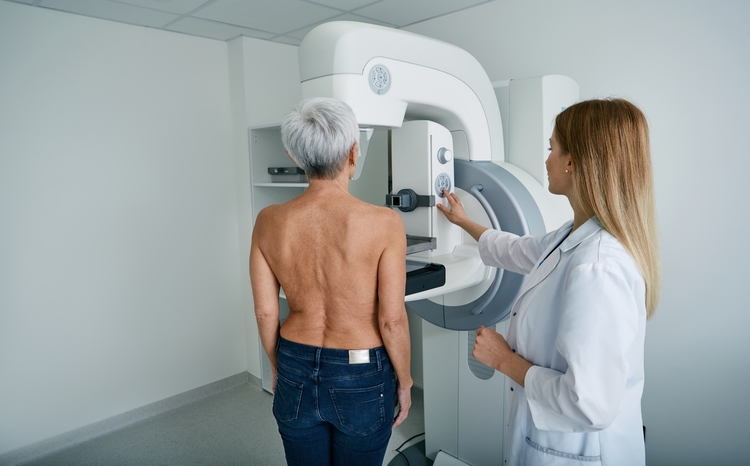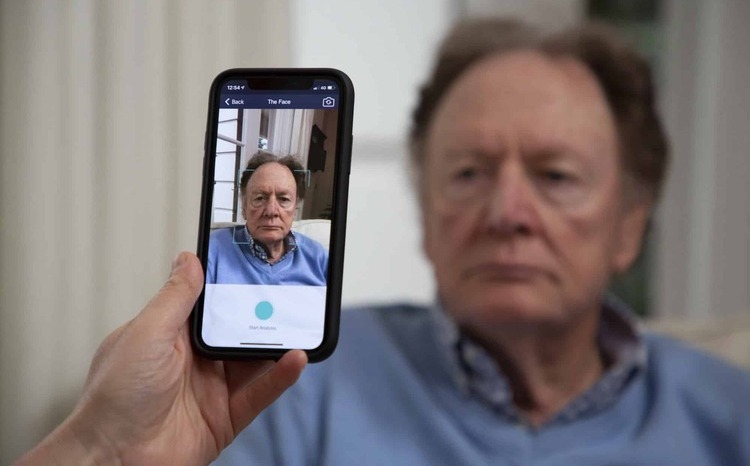Dial 111 for an emergency
- 1 August 2013

Words like “delay”,” failure” and “meltdown” have come to be associated with NHS 111, the non-emergency emergency service that plunged further into crisis this week.
NHS 111 was supposed to be rolled out across the country earlier this year, but has been only partially implemented. Some areas postponed implementation at the last minute or pulled the plug when out-of-hours services descended into chaos.
Now, NHS Direct, which won a third of the contracts to provide the new service, has said it wants to pull out of them.
And another provider, Harmoni, has been the subject of a Channel 4 Dispatches documentary claiming it left patients hanging and failed to provide a safe service (Harmoni disputes the claims).
In response, the British Medical Association has renewed its call for raft of inquiries into NHS 111, which it sees as a classic failure of modern government.
Meanwhile, clinical commissioning groups have been left with the fall out, which includes claims of a big rise in unnecessary ambulance call outs and further pressure on hospital A&E departments.
Up for review
So what is the future for NHS 111, and what kind of service will it end up becoming? Unison’s deputy head of health, Sarah Gorton, said a fundamental review is required.
“NHS Direct – a trusted provider- is saying it cannot safely provide the service for the money available. This is a clear sign that the 111 model is wrong,” she said.
“These contracts should not simply be re-issued. It is clear that we need a more integrated approach to out-of-hours emergency care, including 111, GP services, ambulance and A&E services.”
Sir Bruce Keogh, NHS England’s medical director, is already conducting a review of these services, prompted by health secretary Jeremy Hunt’s claims of a “crisis” in A&E.
What went wrong?
A review is probably the only option. But it doesn’t answer the question of how the introduction of NHS 111 went so horribly wrong. Part of the answer must lie in the way that the idea itself was launched.
Former health secretary Andrew Lansley visited a pilot site for the NHS Pathways software that was developed to improve the triaging of calls to ambulance services.
To the apparent surprise of the journalists travelling with him, he then announced that it would underpin the 111 number that Ofcom had made available, that it would be rolled out across the country, and that it would replace NHS Direct, the NHS’ original telephone and online advice service.
Subsequently, it was decided that the service would be commissioned locally. Tenders were put out by commissioners, some of whom decided to incorporate further call handling services, such as GP out-of-hours telephone access, to make 111 the only port of call for patients.
NHS Direct naturally saw its future in winning NHS 111 business, and secured 11 of the 46 contracts on offer.
However, a succession of reports to its board show that delays to the NHS 111 roll-out have left it with only 30%-40% of the call volumes predicted. And even when it has received calls it seems it made heroic assumptions about call handling times and costs.
NHS Direct has now concluded that this arm of its business is “financially unsustainable.” At the same time, the decommissioning of its old 0845 number services has cost nearly £70m, according to the National Audit Office.
Drop the pilot
The NHS did run some NHS 111 pilots, but it seems not to have learned from them. Two years ago, the BMA’s National Local Medical Committee’s conference heard warnings from GPs that the pilot areas were “disaster” zones, with very long call times and a big increase in the number of patients being referred to traditional services.
The problems intensified when NHS 111 went live for real in some areas. In March this year, the BMA said the Manchester services went into “total meltdown” on its first night, while in South London GPs were left to field calls after one contract ended and NHS 111 failed to get going.
Both the BMA and NHS Clinical Commissioners have called for a halt to further deployments, claiming that a political deadline to get the service in place was being put before patient safety.
The impact of the political imperative is also highlighted in an independent review presented to NHS England’s board meeting earlier this month.
“There may have been a perception that because this initiative was high on the political agenda and featured in the coalition agreement the imperative to meet the pre-announced timetable was very strong and that arguments for delay had to be similarly convincing,” says the report.
Ready, set, tender!
The scale of the problems facing NHS Direct became apparent when it announced it wanted to withdraw from its NHS 111 contracts for North Essex and Cornwall, where the service has yet to go live.
Andrew Abbott, NHS Kernow CCGs’ director of operations, said 111 would now be delayed further as it looks for a new provider.
“During [a] review it became clear that NHS Direct could not deliver its contract for NHS 111 in Cornwall and the Isles of Scilly. NHS Direct will no longer provide our region’s NHS 111 and we are looking at alternatives for this service,” he said.
NHS Direct will also “seek a managed exit” from the rest of its contracts, leaving Buckinghamshire, East London and the City; South East London; Sutton and Merton; West Midlands; Lancashire and Cumbria; Greater Manchester; Merseyside and Cheshire and Somerset all facing another confusing procurement process.
In the West Midlands, where those big problems arose in March, interim arrangements are already in place.
“Once the service was switched on, there were a number of technical and operational issues which became apparent; this then led to the decision to underpin the service through other out-of-hours providers,” said a West Midlands spokesperson.
Pulse reports that West Midlands Ambulance Service is likely to take over the contract. However, the spokesperson told EHI that talks with a number of providers were on-going and a decision has yet to be made.
In other areas, a degree of consolidation is likely. Steve Allinson, NHS 111 chief operating officer lead for Greater Manchester CCGs, said it was working on a wider North West NHS 111 procurement with support from NHS England.
“The work is ongoing and a clinical model will be agreed within the next month, ready for the procurement process to start,” he said.
Dr Kate Adams, NHS 111 clinical governance lead, said NHS East London and the City CCG would be looking to work with another London provider.
“We have invited current providers of NHS 111 services in London to submit an expression of interest to provide the 111 service in east London,” she said. “After thoroughly accessing providers, we anticipate making a decision on a new provider in autumn 2013.”
Abject failure, or perfectly good?
Dr Chaand Nagpaul, chair of the BMA’s GP committee, told EHI that NHS 111 had been an “abject failure.”
“The decision by NHS Direct to seek a withdrawal from its contracts to provide NHS 111 reveals worrying flaws not just with the tendering process for NHS 111 contracts, but for how contracts are awarded and monitored throughout the NHS,” he said.
“The DH gave the BMA written assurances that there would be strict safeguards in place to ensure that NHS 111 providers would have the clinical and financial ability to deliver a safe, effective service to patients.”
He added that the government should expand its review of the service to look at what went wrong with the tendering process, to try and stop similar mistakes being made again.
Dr Peter Holden, the BMA’s GP Committee NHS 111 spokesperson’s, told EHI earlier this week that he also wants a Parliamentary inquiry and Commons select committee inquiry into the debacle.
However, all of the CCGs EHI spoke to put on a brave face and maintained that their service was “operating well” despite the apparent issues.
And Dame Barbara Hakin, deputy chief executive of NHS England, said in a statement that: “Over 90% of NHS 111 calls are now answered in under a minute and patients are rating our service highly.” So that’s all right, then.




